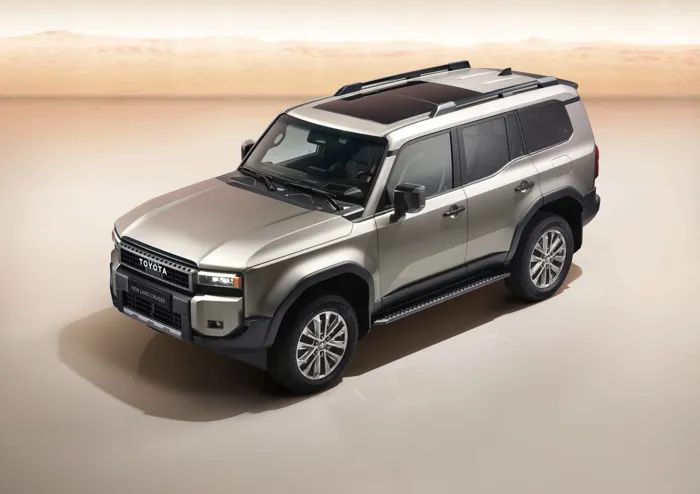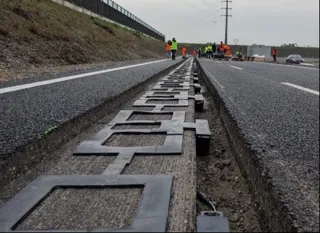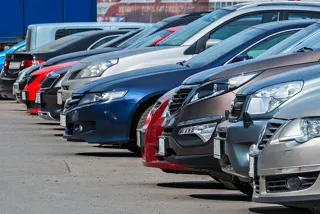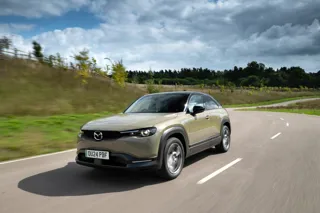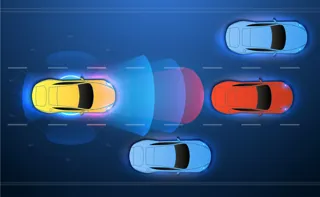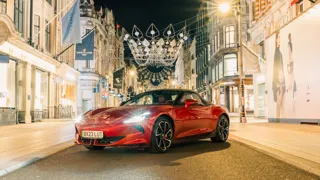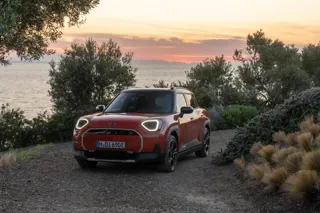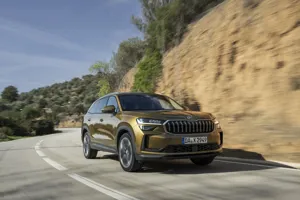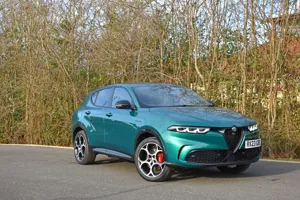Toyota Land Cruiser: prices and specifications
Toyota has confirmed pricing for its all-new Land Cruiser that adopts a rugged look to emphasise its durability and off-road capability.
Car News
26 Apr
Features and analysis

The Chinese brands with designs on UK and Europe
Chinese manufacturers are accelerating plans to expand into the global market as they seek to forge a sustainable future.
Electric Fleet
Events
Car, van and truck reviews
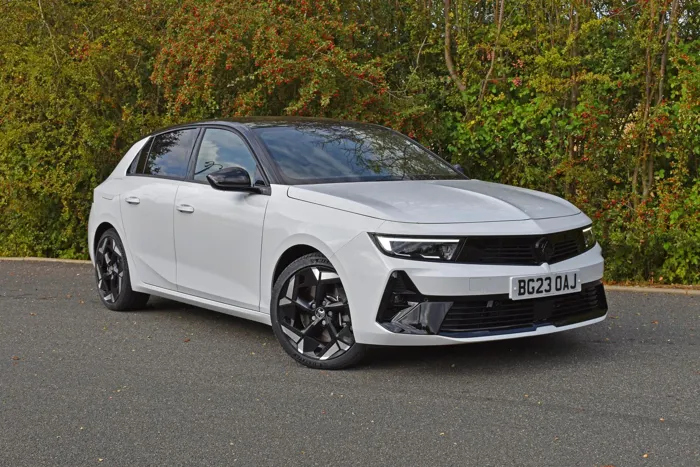
Vauxhall Astra GSe long-term test | Best for fleets?
We spent a week in an Astra Ultimate Plug-in Hybrid, to see how it compared to our GSe model.
26 Apr



